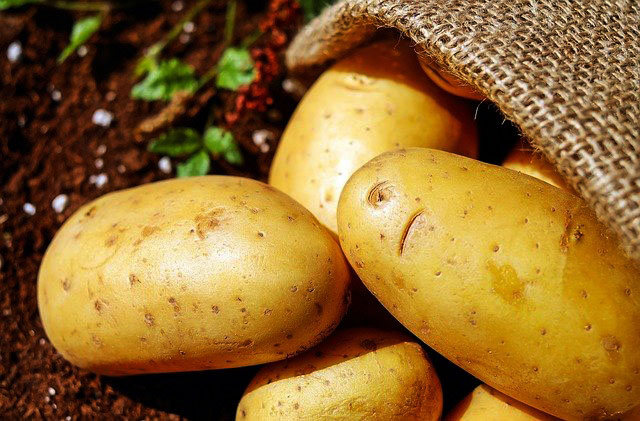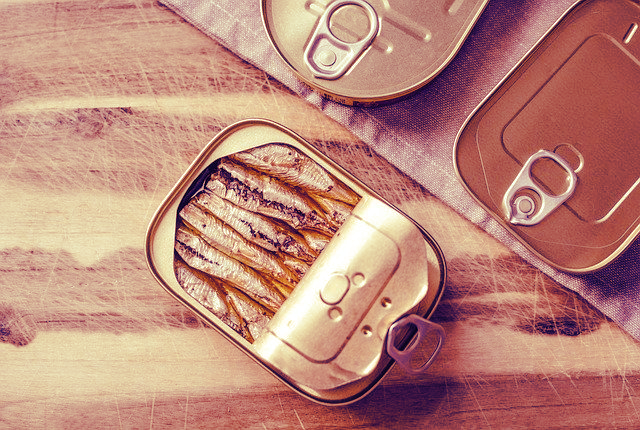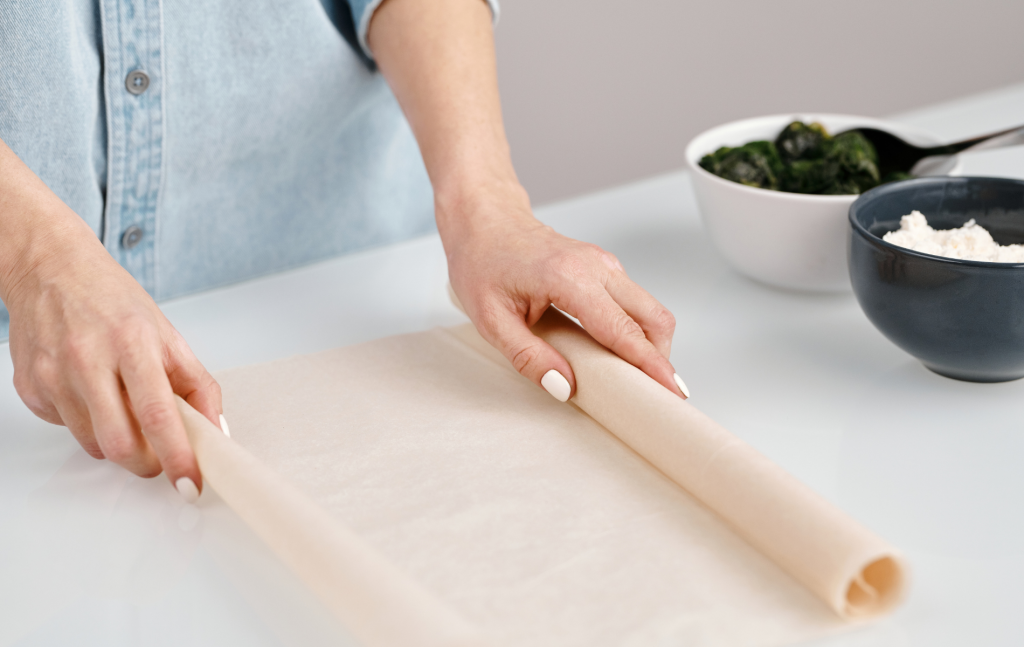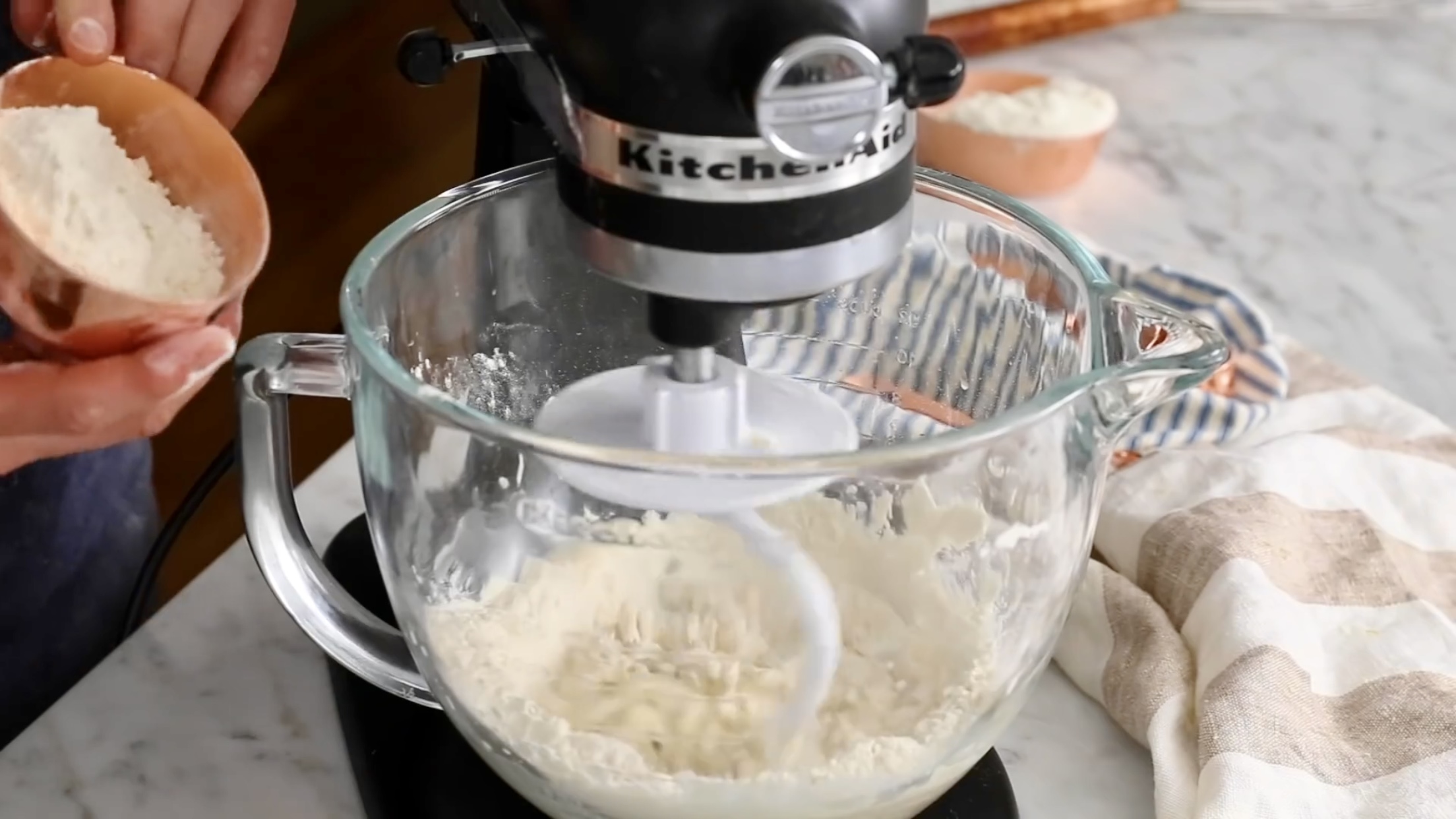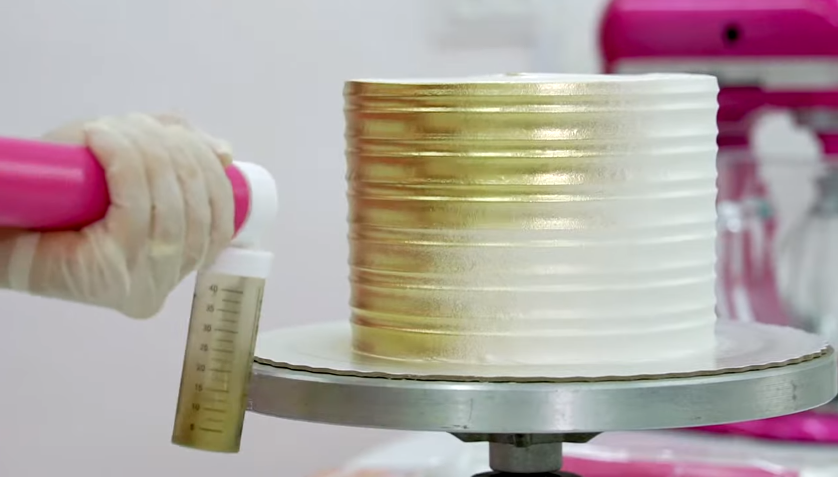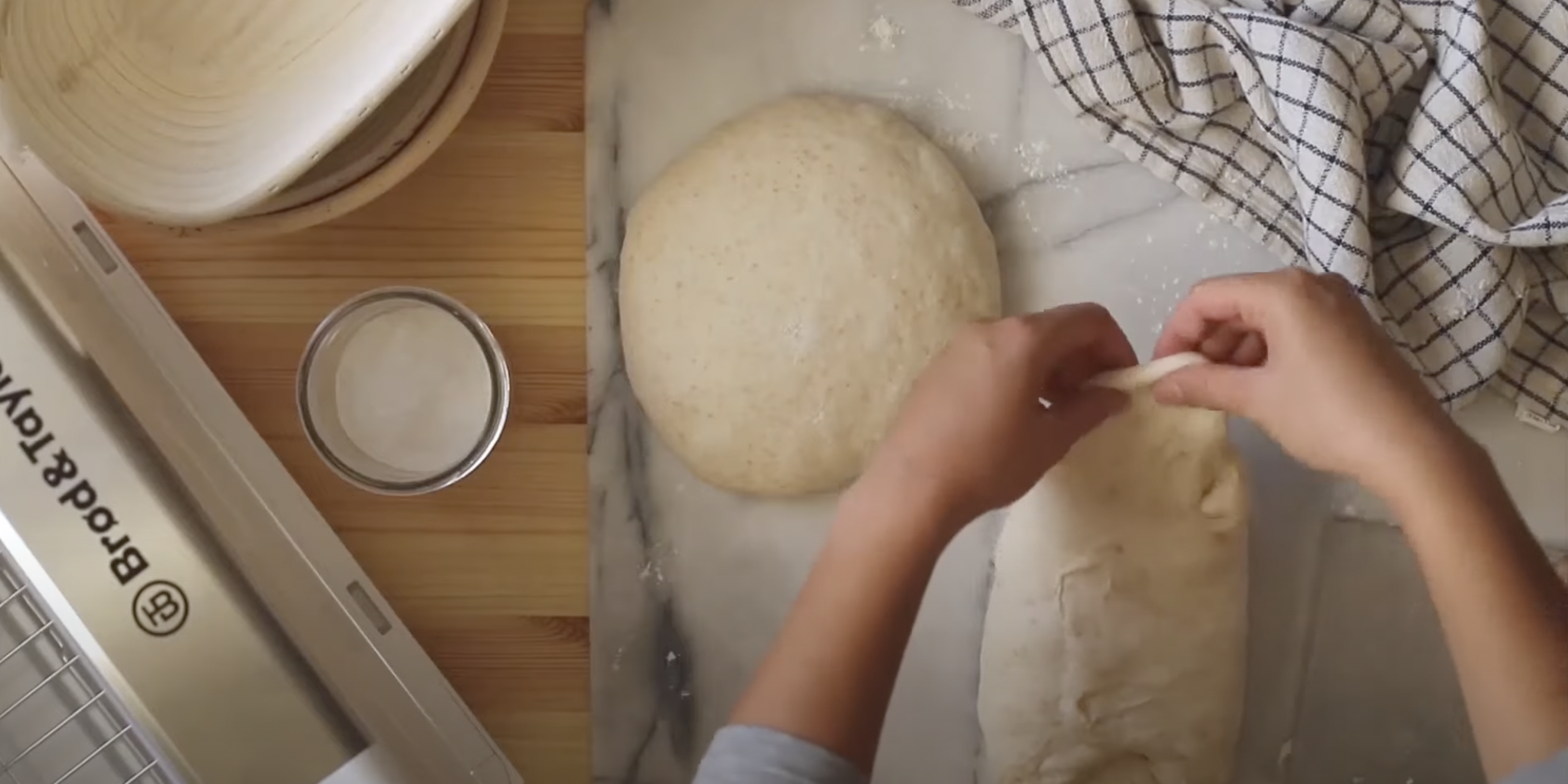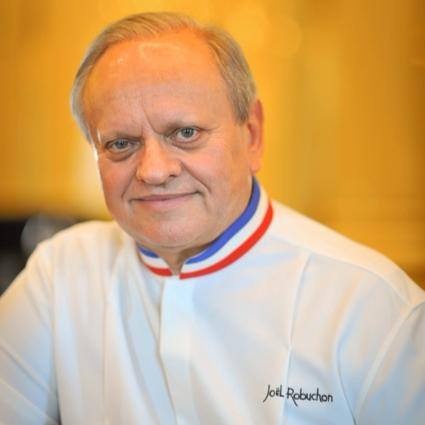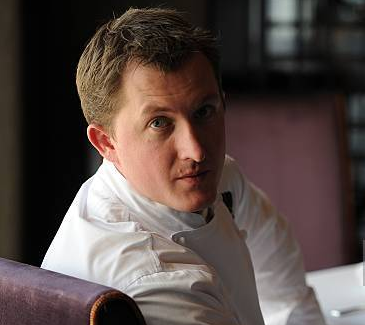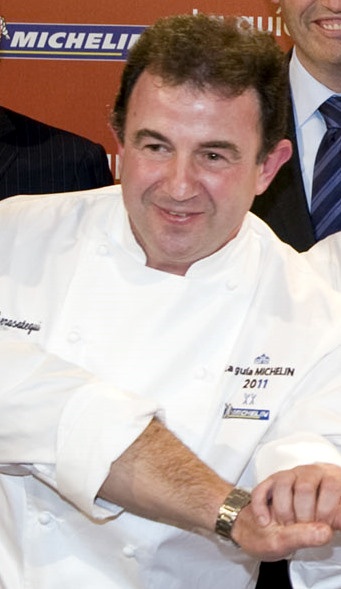Pierre. Well, Chef Pierre, to be more precise.
Of course no one knows who first created and used what we call a bouquet garni.
Without meaning any offense, do you really think there was some traveling scribe (or band of scribes) who poked into every kitchen in every village in every country, keeping track of the first use of this and the invention of that? The only thing historians can generally find is the first mention of this or that innovation in some cookbook that was somehow preserved over a period of centuries to the present day. And the study of cooking history only became a recognized discipline within the last few decades. It is remarkable that we know as much as we do.
Ochef constantly gets appeals from schoolchildren whose teachers have given them absolutely impossible assignments that food historians could research for weeks – and still not come up with a definitive answer. The questions can seem innocent enough – "when was the sugar cookie invented and when did it find its way to America?," to use a recent example – but the answers (if they can be found at all) are incredibly hard to find. Even knowing where to start looking is often a huge challenge.
OK, Alan Davidson, one of the early leading food historians, says in his book, The Oxford Companion to Food, that potent mixtures of spices were used to flavor (and mask the flavors of) many foods in the Middle Ages. The use of more subtle herb mixtures began to take root in the 1600s in France, England, and other countries.
Although herb bundles were already in broad use, the first reference to a bouquet garni was apparently in 1656, where Pierre de Lune described his bundle as including chives, thyme, cloves, chervil, and parsley, wrapped in a slice of bacon. Obviously there were (and, to some extent, still are) variations in the composition of the bundle.
Thank you for asking your question – it led us into a bit of interesting research. We hope that our bark was worse than our bite, which we are reserving for grade-school teachers who ask the impossible of their students. What could be more discouraging to students than being asked to find information that does not exist anywhere on the planet? We think about those young students who either have to lie creatively or, eyes downcast, explain that they (and their parents, who were up half the night) could not find the day, week, month, year, decade, or even century! when the sugar cookie was "invented," and must say, "please, don't fail me; I could be a good student if only you did not ask me questions that Ph.D. candidates in culinary history would struggle with," and we get a little vexed. Sorry if we took it out on you.
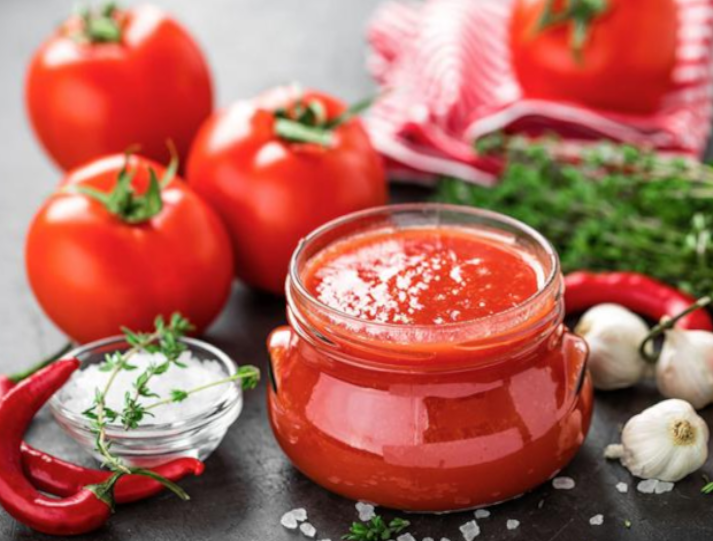
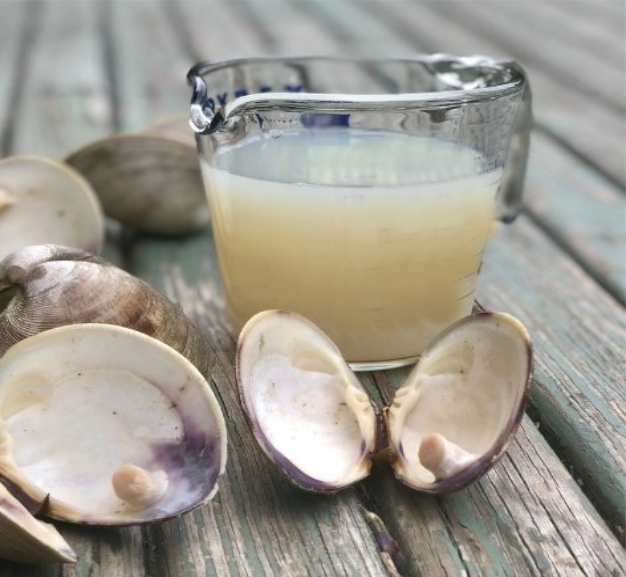
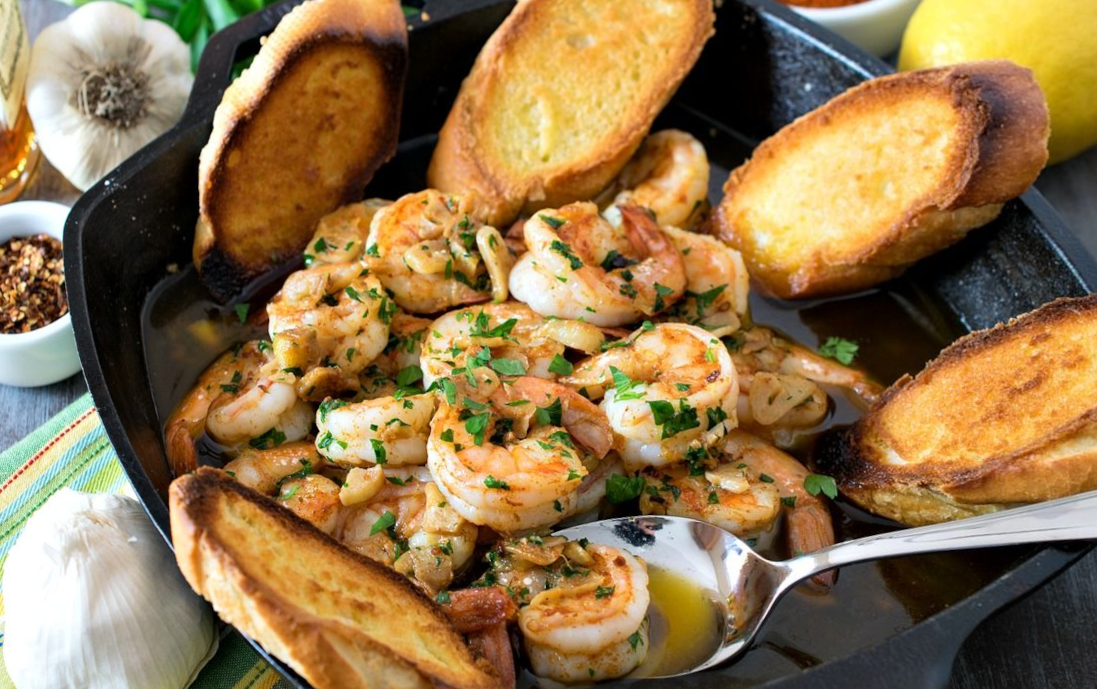

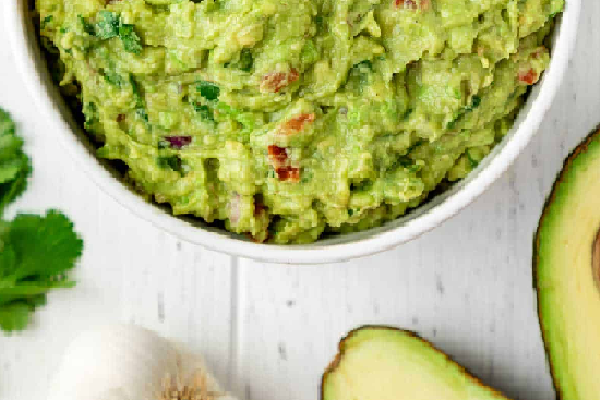
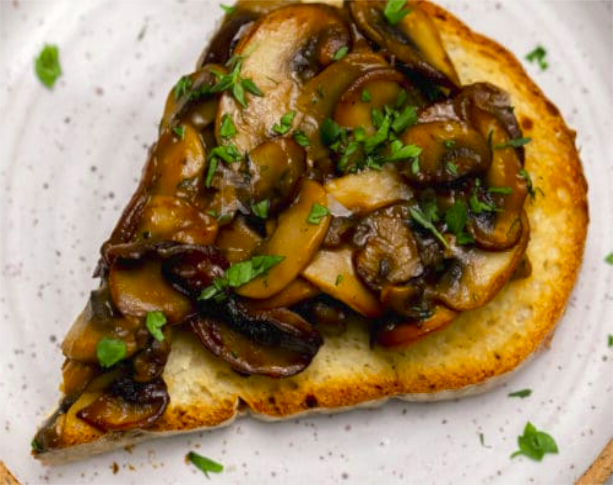

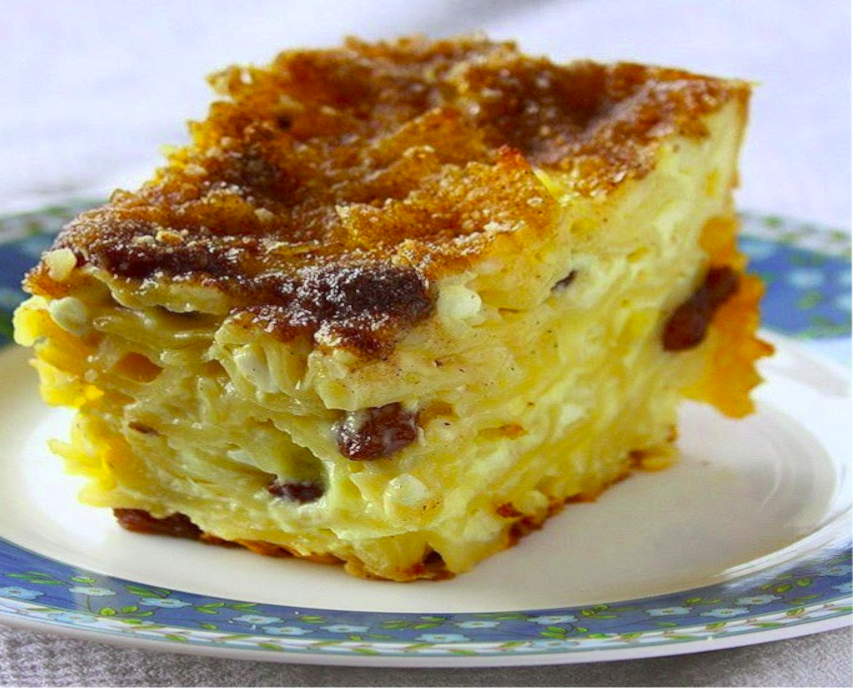






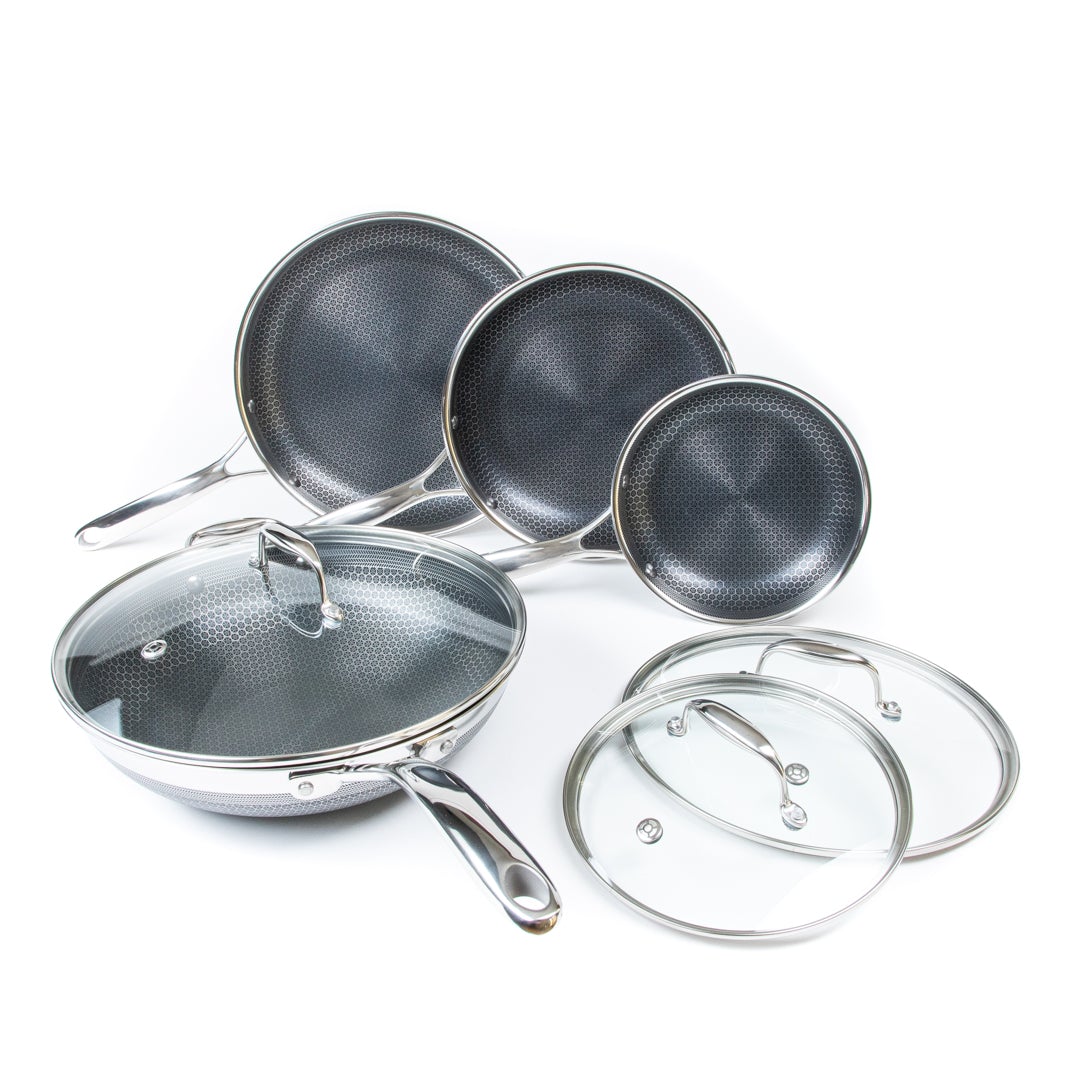
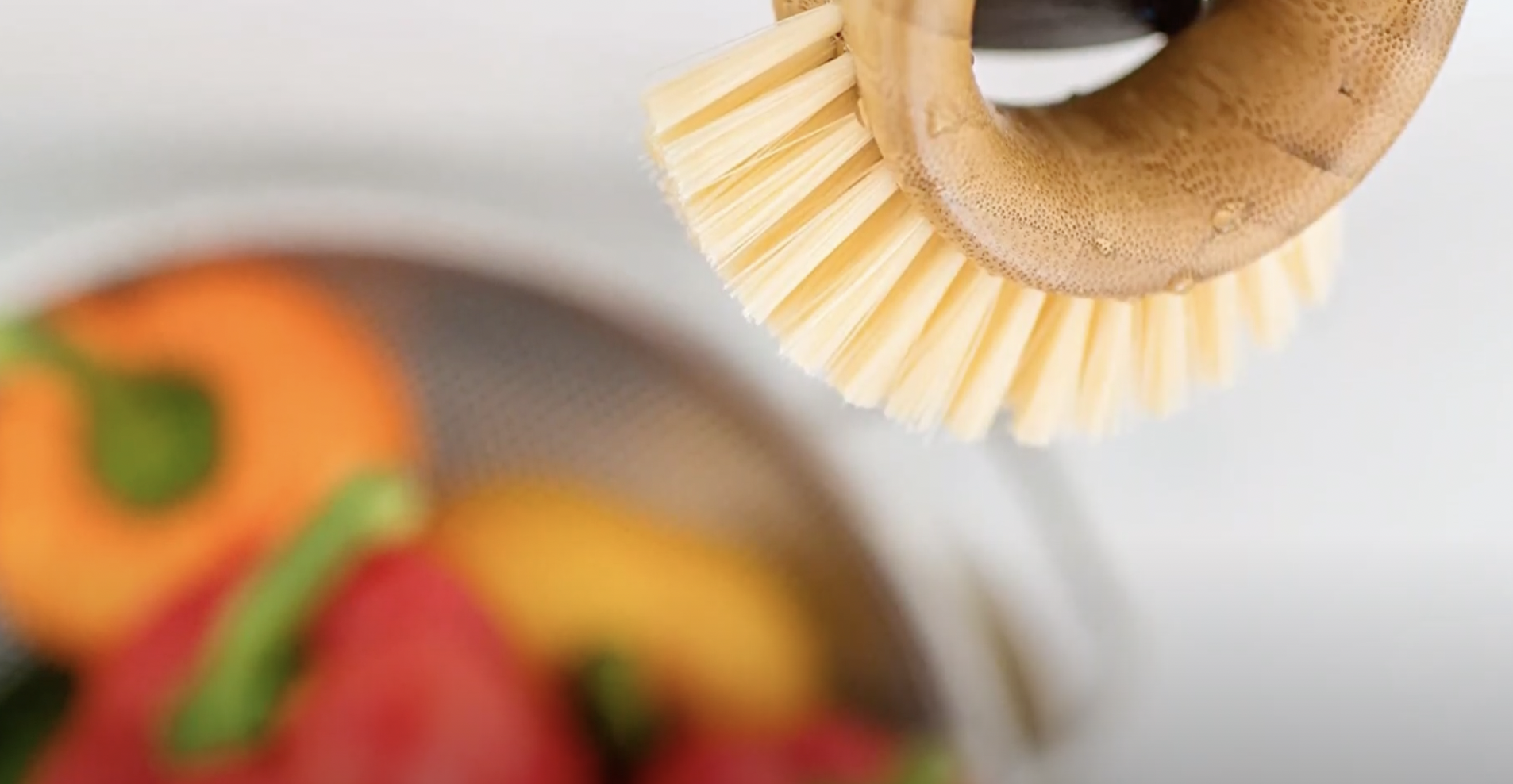
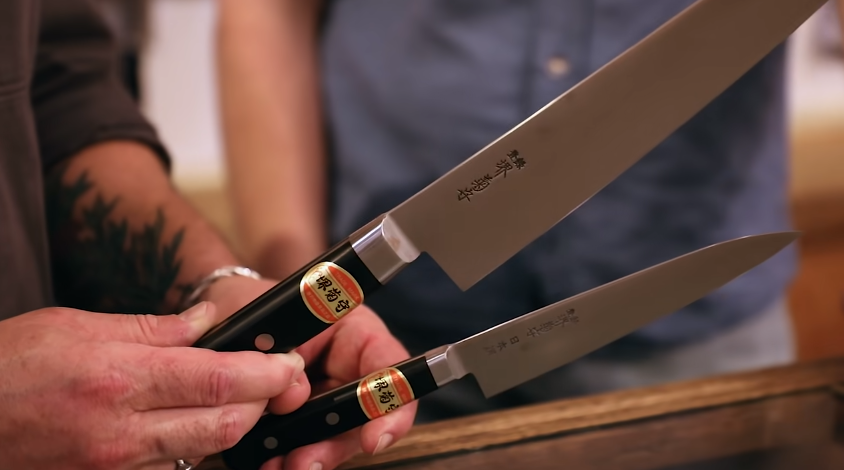
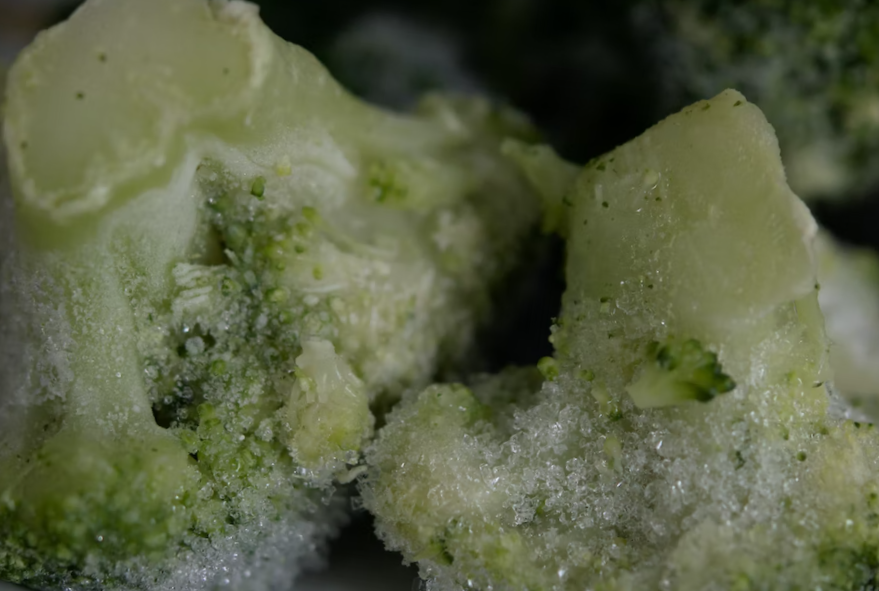



![Can you Cook Eggs in the Microwave? [Complete Guide]](/assets/images/c1f79d1cad59f18f9b5dc31403bd0eb2.png)

